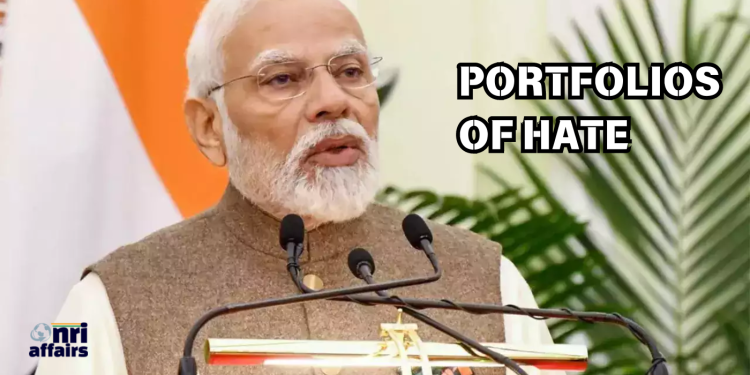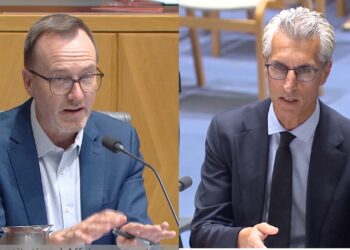In a momentous revelation, the United Kingdom Indian Muslim Council (UK-IMC) has unveiled a meticulously compiled report delving into the portfolios of hate, meticulously outlining the hate-laden rhetoric spewed by candidates affiliated with the Bharatiya Janata Party (BJP) during the recent Indian electoral cycle. This exhaustive document brings to light a compendium of candidates and their inflammatory utterances, serving as a poignant exposé of the burgeoning culture of hate speech permeating the Indian political landscape. At the pinnacle of this disconcerting inventory stands none other than Prime Minister Narendra Modi, underscoring the magnitude of the challenge posed by vitriolic discourse within Indian politics.
Hate Speech in Indian Politics: A Looming Challenge
India, hailed as one of the world’s foremost democracies, boasts a rich tapestry of political plurality and diversity. However, amidst the cacophony of democratic discourse, the specter of hate speech looms large, casting a shadow over the ideals of tolerance and inclusivity. Hate speech, characterized by its divisive and inflammatory nature, poses a formidable obstacle to the fabric of societal harmony, often stoking the embers of communal strife and social discord.
Unveiling the UK-IMC Report: A Crucial Intervention
The UK-IMC report emerges as a watershed moment in the crusade against hate speech within the Indian political milieu. By meticulously cataloging and analyzing instances of vitriolic rhetoric espoused by BJP candidates, the report serves as a clarion call for accountability and transparency in political discourse. Moreover, it underscores the imperative of confronting the burgeoning culture of hate speech head-on, lest it corrode the very foundations of democratic governance.
Prime Minister Modi: At the Epitome of Hate Speech
At the epicenter of this disconcerting revelation stands Prime Minister Narendra Modi, whose incendiary pronouncements have catapulted him to the summit of the hate speech hierarchy. The report’s findings shed light on the pervasive influence wielded by Modi within the BJP ranks and the Indian political landscape at large. Moreover, they underscore the urgency of addressing the root causes of hate speech and fostering a climate of tolerance and mutual respect.
The Implications and Imperatives
The implications of the UK-IMC report are manifold and far-reaching, transcending the realm of partisan politics to encompass broader questions of social cohesion and democratic integrity. At its core, the report serves as a wake-up call to all stakeholders—be they political leaders, civil society organizations, or ordinary citizens—to confront the scourge of hate speech with unwavering resolve and collective action. Furthermore, it underscores the indispensable role of media and civil society in holding political actors accountable and safeguarding the foundational principles of democracy.
In conclusion, the UK-IMC report stands as a poignant testament to the perils of hate speech within Indian politics and the urgent need for remedial action. As the nation grapples with the fallout of divisive rhetoric and polarizing ideologies, the onus falls upon each and every citizen to uphold the values of tolerance, pluralism, and inclusivity. Only through concerted efforts to combat hate speech and promote dialogue and understanding can India realize its full potential as a vibrant and inclusive democracy.











